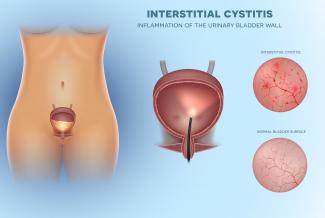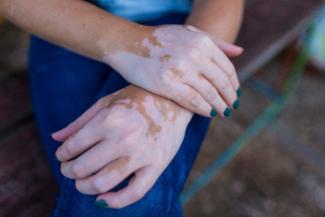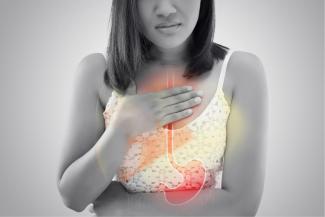News
- Andrographis for the relief of acute respiratory infections
26 Jan 18
- Herbs for obese patients with type 2 diabetes
26 Jan 18
- Japanese Herbal Medicine for Gastrointestinal Cancer
26 Jan 18
- Smoking cessation intervention in patients with chronic diseases
26 Jan 18
- A robot dance partner for older adults
26 Jan 18
- The effect of care intervention for obese patients with type 2 diabetes
26 Jan 18
- Dietary vitamin D deficiency and nasal inflammation
26 Jan 18
- Association between folate and risk of head and neck cancer
26 Jan 18
- Acupuncture for analgesia in the emergency department
06 Nov 17
- Phytoestrogen supplementation to improve cognition
06 Nov 17
- Selenium levels and cholesterol
06 Nov 17
- Effect of needling one acupuncture point for blood sugar regulation
06 Nov 17
- Blueberry and vitamin C as antioxidants
06 Nov 17
- Acupuncture for functional dyspepsia
04 Oct 17
- Biotin for hair loss
04 Oct 17











